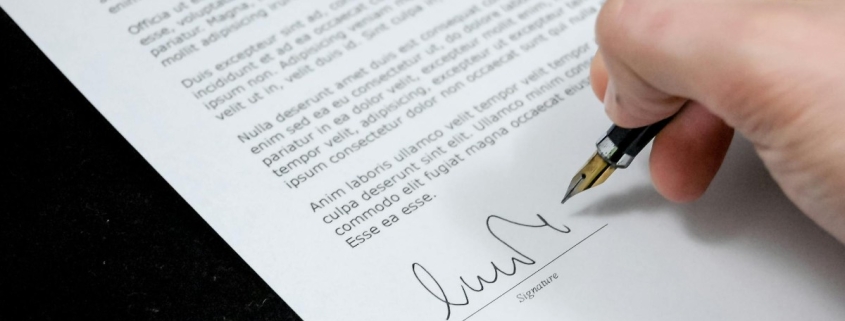The notaio: how are they involved in the buying process?
We talked about the role of the geometra in the buying process in Italy in one of our past article.
As promised, today I would give a very brief overview on the involvement of the notaio in the buying process.
As a preliminary remark, it’s worth to remind who the notaio is, since their role can be different from that in your country.
The notaio is one of the most well-regarded professionals in Italy. “The notary is a public officer to whom the Italian State has entrusted the task of producing all deeds between living persons as well as last wills and testaments”. “The notary confers public trust, i.e. the status of legal proof, to the deeds they draw up. So, everyone – including the courts – must accept as true what they have attested, unless the crime of forgery is established.” (Living and doing business in Italy – Consiglio Nazionale del Notariato).
They must have a degree in Law, carried out a two-year apprenticeship in a notary firm, and then have passed a very difficult exam, whose preparation time is on average 3-4 years, and passing rate is only 6-7%.
Let’s have a closer look at how they are involved in the buying process.
Once you find a property you want to buy, you make an offer. The offer to buy may include some conditions (amount of deposit, how that is paid and to whom that is paid, suspensive or resolutive conditions, etc.).
Once the offer is accepted, and is valid, the notary steps in.
Among other checks, the notary checks, for example, that the property to buy is “clean”, i.e. that there are no mortgages on it; that the property is not under auction, etc.
Also, the notary should check the conformità urbanistica e catastale, i.e. that the property has been built according to the plan and the permission obtained at the time and that any subsequent work has obtained the relevant permission. However, it may happen that notaries decline any responsibility on that, and have the buyer sign a declaration for which they rely solely on what the agent or the seller have reported. If this happens, my suggestion is to investigate more on the conformita`.
If everything is fine and all documents are in order, the notary drafts the contract and, after the seller and the buyer (or someone else on their behalf) have signed the contract, they sign the purchase off and proceed to register it in the appropriate registers.
The notary also collects the taxes due when buying a property and pays the government on your behalf.
What I would like to point out here, is that the notary steps in only after the offer to buy has been accepted, hence if the offer includes that you pay the deposit directly to the seller and that that payment is not subject to any valid condition, and then the notary finds out that the property, for whatever reason, cannot be sold, you lose your deposit and are likely bound to even pay the agent’s commission; if that happens, the notary can’t do anything to help you.
Hence, once again it is worth to reiterate that, while the involvement of the notary is of utmost importance and only a notary can sign off a purchase contract, the most tricky and important step of the buying process is the drafting of the offer to buy and of the conditions, which is a step earlier than that of the involvement of the notary, and for which I suggest to have professional assistance.
This article is not exhaustive and is a guidance only.
If you need assistance in buying a property in Italy, please do get in touch.
Barbara De Benedittis Relocation and Legal in Italy



